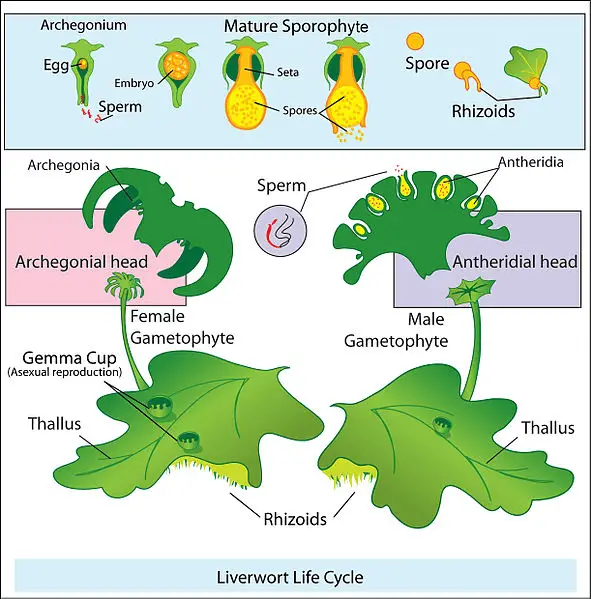5 Oil Spill Causes Explained
Oil spill causes are; operational errors, collision, explosion, infrastructure expiry, and environmental hazards.
This article discusses oil spill causes, as follows;
1). Operational Errors (as one of the Oil Spill Causes)
Errors in the course of oil and gas operations, are among the causes of oil spill.
While several of such errors are directly resultant of human mistakes and miscalculations, equipment-related problems could also be responsible.
In terms of human mistakes, oil spills can result from poor maintenance and handling of oil and gas facilities [3].
Lack of sufficient technical knowledge among workers is a common reason for such shortcomings, although poor planning and equipment can also be blamed.
Equipment failure is another common factor behind operational oil spillage.
When equipment in oil and gas projects or stations are either unsuitable, poorly managed, or overwhelmed; the risk of failure of such equipment is high.
‘Failure’ may occur in the form of valve-loosening and vessel leakages among others.
Operational oil spills release relatively-small amounts of oil compared to other oil spill causes. However, if unchecked, such spills may occur over prolonged periods of time, leading to severe environmental degradation.
Investigations are usually required to detect and diagnose operational oil spills, in order to control them and prevent further energy waste, pollution, and risk to life and wellbeing.
While operational oil spills are not always severe, they can escalate to more severe incidents such as explosions, fire outbreaks, and large-scale oil escape.

2). Collision
Various forms of collision have led to oils spills in several parts of the world.
Collision-induced spills are particularly hazardous, due to the risk of large-scale oil losses and fire outbreaks [2].
There are various conditions under which collisions may cause oil spills.
An example of such conditions is land-based auto crashes involving oil tankers. Accidents where such vehicles experience forceful impact, can easily lead to the escape of petroleum (or its products) into the environment.
Marine oil vessels can also spill large quantities of petroleum when involved in collisions with other marine vessels. Such events are relatively common, and have been behind severe cases of oil spillage, like the Torrey Canyon hazard of 1967, which led to the release of millions of gallons of petroleum and caused widespread coastal pollution [5].
Control of collision-induced oil spill must involve efforts and measures to reduce operational errors, since these are also linked to cases of collision. The development and use of better storage and transport infrastructure may also be helpful.

3). Explosion (as one of the Oil Spill Causes)
Explosion or ‘blowout’ is both a cause and an effect of oil spill.
As a cause of oil spill, explosions may occur as a result of unfavorable pressure dynamics and other conditions, in drilling rigs, storage vessels, or transport pipelines.
When such explosions occur, leakages are created, allowing significant amounts of petroleum to escape into the environment.
Explosions are particularly hazardous because they involve fire outbreaks and forceful impact, and can easily cause death and infrastructural damage.
The Deepwater Horizon oil rig explosion of April 20, 2010 is a good example of an explosion-induced oil spill [1], which caused heavy losses of life and petroleum resources.
4). Infrastructure Expiry
Infrastructure expiry is one of the lesser-known causes of oil spill.
Like operational errors, the severity of oil spill incidents caused by infrastructural expiry is generally less than that for other causes like collisions.
Oil and gas infrastructure like pipelines and storage vessels may ‘expire’ when they outlive their lifespan and lose their structural integrity and resilience.
Factors like corrosion and leakages caused by unsustainable use, can lead to expiry of oil facilities, as a result of which oil may be spilled.
Other factors that can reduce the reliability of oil and gas infrastructure include vandalism and oil theft.
Addressing oil spill from infrastructure expiry requires periodic monitoring, assessment and repair or upgrade of infrastructure, as well as the implementation of operational approaches that establish sustainability in the sector.
5). Environmental Hazards (as one of the Oil Spill Causes)
Although oil spills are mostly known for their environmental impacts, these incidents can be facilitated by environmental factors as well.
Both anthropogenic and natural hazards can lead to oil spill.
In terms of anthropogenic hazards, environmental conditions and events linked to climate change and global warming, such as heat waves and atmospheric pollution, can speed up the degradation and expiry of oil and gas facilities, which could in turn cause oil spill.
Natural hazards like earthquakes, landslides and hurricanes can rupture storage vessels and pipelines, allowing their petroleum contents to escape into the environment [4]. Others like rainstorms can lead to oil spills by causing collisions.
Conclusion
Oil spill causes are;
1. Operational Errors
2. Collision
3. Explosion
4. Infrastructure Expiry
5. Environmental Hazards
References
1). Abbriano, R. M.; Carranza, M.; Hogle, S. L.; Levin, R.; Netburn, A.; Seto, K.; Koch, S. S.; Franks, P. J. (2011). “Deepwater Horizon Oil Spill: A Review of the Planktonic Response.” Oceanography (Washington D.C.) 24(3):294-301. Available at: https://doi.org/10.5670/oceanog.2011.80. (Accessed 15 October 2022).
2). Galieriková, A.; Materna, M. (2020). “World Seaborne Trade with Oil: One of Main Cause for Oil Spills?” Transportation Research Procedia 44:297-304. Available at: https://doi.org/10.1016/j.trpro.2020.02.039. (Accessed 15 October 2022).
3). Kadafa, A. A. (2012). “Oil exploration and spillage in the Niger Delta of Nigeria.” Available at: https://www.iiste.org/Journals/index.php/CER/article/view/1789. (Accessed 15 October 2022).
4). Pine, J. (2006). “Hurricane Katrina and Oil Spills: Impact on Coastal and Ocean Environments.” Oceanography (Washington D.C.) 19(2):37-39. Available at: https://doi.org/10.5670/oceanog.2006.61. (Accessed 15 October 2022).
5). Wells, P. G. (2017). “The iconic Torrey Canyon oil spill of 1967 – Marking its legacy.” Marine Pollution Bulletin 115(1-2):1-2. Available at: https://doi.org/10.1016/j.marpolbul.2016.12.013. (Accessed 15 October 2022).



